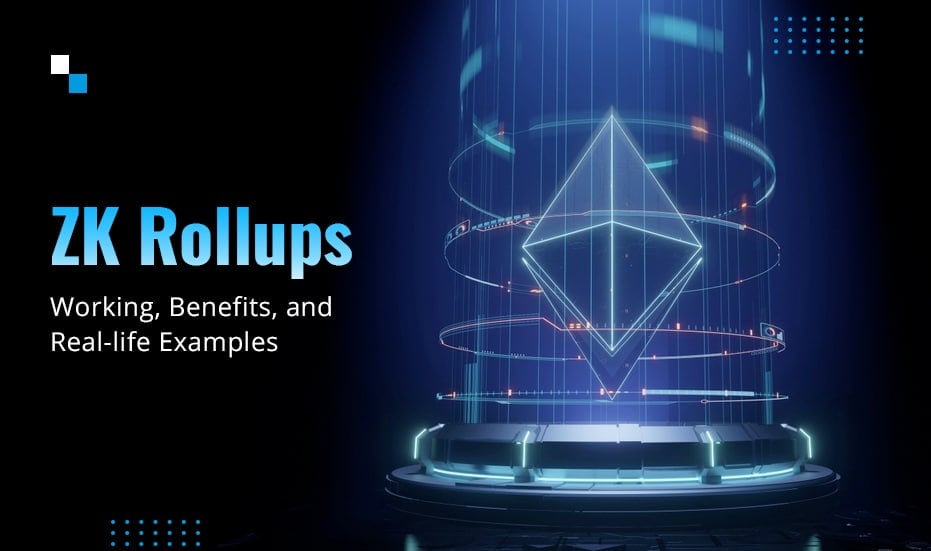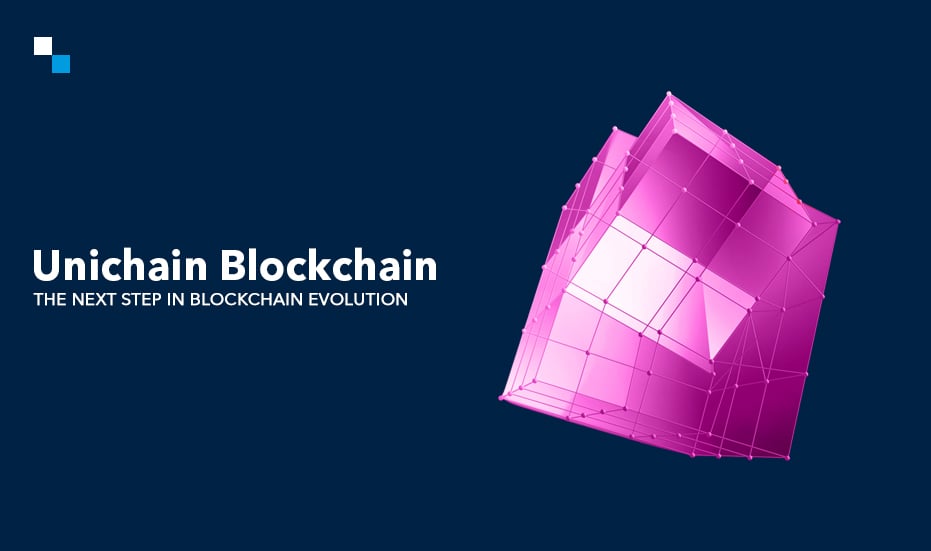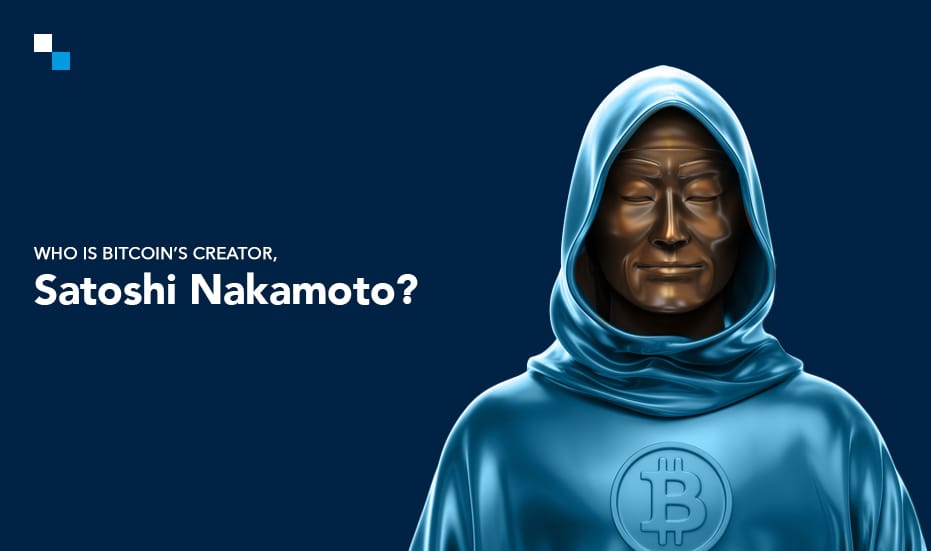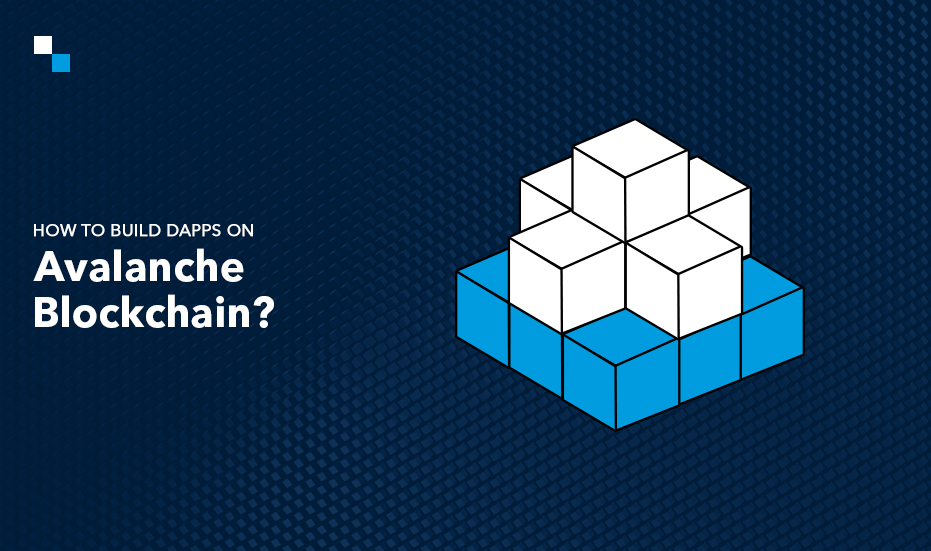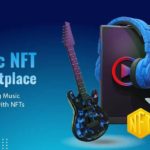
Explore Music NFT Marketplaces- Define the Future of Music Ownership
July 11, 2023
Unveiling Possibilities in the NFT Ticketing Marketplaces:From Coachella to the NBA
July 11, 2023The emergence of Blockchain technology brought about decentralized and secure transactions, but it also introduced limitations in terms of transaction throughput and high fees. These limitations hindered the widespread adoption of Blockchain technology. This is where ZK rollups came into the picture.
What are ZK Rollups?
Zk-rollups, also known as zero-knowledge rollups, are a layer 2 Blockchain scaling approach designed to reduce transaction costs and improve scalability. They combine the security guarantees of the underlying Blockchain with the efficiency of off-chain transaction processing. ZK rollups work by bundling multiple transactions together into a single batch, known as a rollup, and then generating a succinct proof that attests to the validity of all the transactions in the batch.
This proof is generated using zero-knowledge proofs, a cryptographic technique that allows a prover to demonstrate knowledge of certain information without revealing the actual information itself. In the case of zk-rollups, the proof shows that the transactions in the rollup are valid according to the smart contract rules without revealing the details of each individual transaction.
How do ZK Rollups Work?
Here’s a step-by-step overview of how ZK rollups work:
- Transaction Aggregation: Users submit their individual transactions to a ZK rollup operator. These transactions are collected and bundled together into a rollup batch. This aggregation reduces the number of transactions that need to be processed on the main chain.
- Off-Chain Computation: Once the rollup batch is formed, the ZK rollup operator processes the transactions off-chain. The computation involves executing the smart contracts or transaction logic associated with each transaction in the rollup. This computation happens off-chain, which significantly reduces the computational burden on the main chain.
- Zero-Knowledge Proofs: After the off-chain computation, the ZK rollup operator generates a zero-knowledge proof. This proof is a cryptographic construction that demonstrates the validity of the transactions in the rollup batch without revealing the specific details of each transaction. Zero-knowledge proofs allow for verification of the transactions’ correctness and adherence to the smart contract rules without exposing sensitive information.
- Main Chain Submission: The ZK rollup operator submits the zero-knowledge proof along with a summary or a hash of the rollup batch to the main chain. The main chain does not need to execute the full computation of each transaction or store all the transaction details. Instead, it verifies the validity of the zero-knowledge proof and the integrity of the summary, ensuring that the rollup batch adheres to the rules of the smart contract.
- State Update: Once the main chain verifies the zero-knowledge proof and the rollup batch’s integrity, it updates the state of the smart contract on the main chain based on the rollup batch’s outcome. The state transition is typically represented as a compressed version or a Merkle root of the state changes within the rollup batch, which is stored on the main chain.
- Security and Finality: The security of ZK rollups relies on the cryptographic properties of the zero-knowledge proof system and the assumptions of the underlying Blockchain’s consensus mechanism. Once the state is updated on the main chain, the rollup batch becomes finalized, and the results are considered as valid and secure as the underlying Blockchain itself.
ZK Rollups vs Optimistic Rollups
While both optimistic and ZK rollups aim to improve scalability and reduce transaction costs, they employ different approaches to achieve these goals.
- Validity Assertion
In optimistic rollups, transactions are initially assumed to be valid and processed off-chain without immediate verification on the main chain.
ZK rollups employ zero-knowledge proofs, which allow the prover to demonstrate the validity of transactions without revealing their details.
- Security
Instead of verifying each transaction individually, optimistic rollups rely on a challenge-based mechanism where users can submit fraud proofs if they detect any invalid or malicious transactions.
ZK rollups provide stronger security guarantees since each transaction’s validity is mathematically proven within the zero-knowledge proofs. This eliminates the need for fraud proofs and the associated challenges.
- Potential Trade-Offs
Optimistic rollups may have higher latency compared to ZK rollups, as there is a time delay between the off-chain processing and the final verification on the main chain. There is also a small chance of fraudulent transactions going undetected until challenged.
ZK rollups may require more complex cryptographic computations and a higher level of technical expertise to implement. They may also have slightly higher computational costs compared to optimistic rollups.
Primary Challenges Solved by ZK Rollups
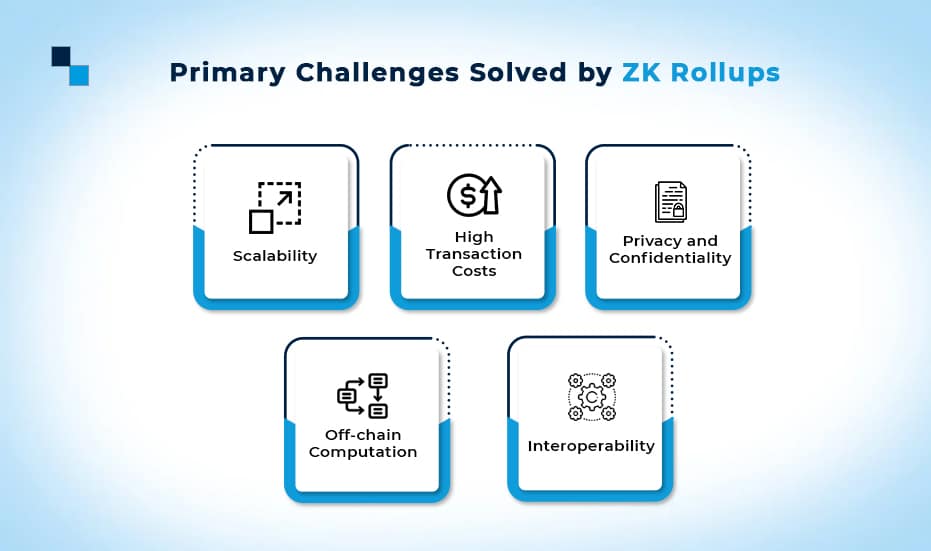
- Scalability
Blockchain networks, such as Ethereum, face scalability limitations in terms of transaction throughput. ZK rollups enable the bundling of multiple transactions into a single batch, reducing the number of on-chain transactions and significantly increasing the network’s scalability.
- High Transaction Costs
Traditional on-chain transactions can be costly due to gas fees. ZK rollups reduce transaction costs by aggregating multiple transactions into a single batch, minimizing the computational and storage requirements on the main chain.
- Privacy and Confidentiality
ZK rollups utilize zero-knowledge proofs to validate the integrity of transactions without revealing the transaction details. This ensures privacy and confidentiality, as sensitive information remains hidden while still being verifiable.
- Off-chain Computation
ZK rollups perform most of the computational work off-chain, reducing the burden on the main chain. This off-chain computation allows for faster transaction processing and more efficient use of blockchain resources.
- Interoperability
ZK rollups can facilitate interoperability between different Blockchain networks by aggregating transactions from multiple chains into a single rollup. This enables cross-chain transactions and interactions without the need for complex bridges or intermediaries.
Real-Life Examples of ZK Rollups’ Implementation
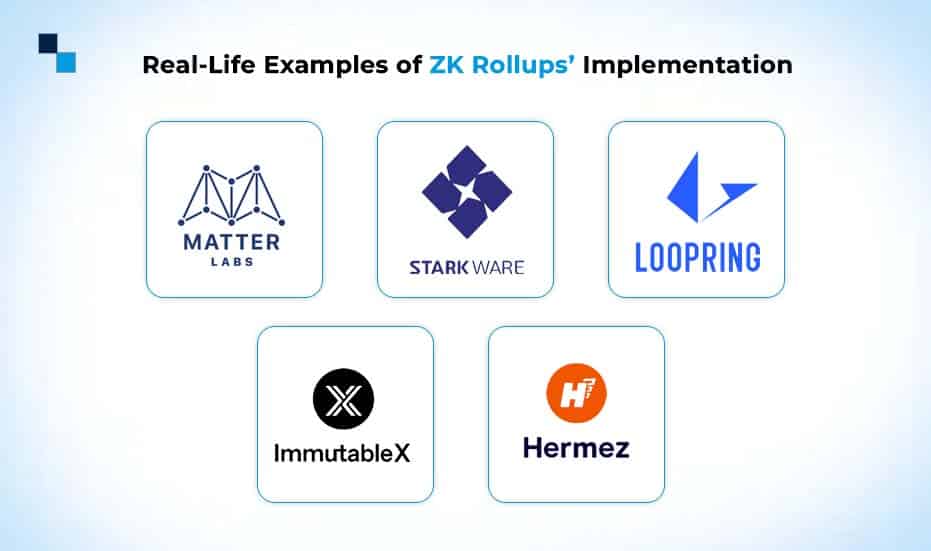
- Matter Labs
Matter Labs has developed the zkSync protocol, which is a Layer 2 scaling solution based on ZK rollups for Ethereum. zkSync aims to provide high scalability and low transaction costs while maintaining security and decentralization.
- StarkWare
StarkWare has developed the StarkEx platform, which utilizes ZK rollups to scale Ethereum and other blockchain networks. StarkEx enables high throughput, allowing for thousands of transactions per second, while leveraging zero-knowledge proofs for privacy and scalability.
- Loopring
Loopring is a decentralized exchange (DEX) protocol that employs ZK rollups to enhance scalability and reduce costs. Loopring’s ZK rollup technology enables high-performance order matching and settlement on Ethereum, providing a seamless trading experience while minimizing gas fees.
- Immutable X
Immutable X is a Layer 2 scaling solution for Ethereum built on ZK rollup technology. It focuses on scaling gaming and non-fungible token (NFT) applications. Immutable X offers fast and secure transactions, enabling scalable gaming experiences and reducing the environmental impact of NFT minting and trading.
- Hermez
Hermez is a project that utilizes ZK rollups to enable scalable and efficient token transfers on Ethereum. It aims to provide a decentralized and trustless solution for payments and transfers, allowing for high throughput and low fees while ensuring privacy and security.
Get in Touch with our Experts to Develop Layer 2 Blockchain Scaling Solutions Today
Schedule Free DemoConclusion
To conclude, the need for ZK rollups arose from the growing demand for Blockchain networks to handle a higher volume of transactions in a more efficient and cost-effective manner. By offering a scalable solution that maintains the security guarantees of the underlying Blockchain while preserving privacy, ZK rollups have gained attention and adoption in the market as a practical means to enhance blockchain scalability and usability. Though ZK rollup ecosystem is continuously evolving, many companies are expected to join the space as the technology matures and gains wider adoption.
Antier is a leading Blockchain development company that helps businesses implement ZK rollups in their existing Blockchain solutions.
